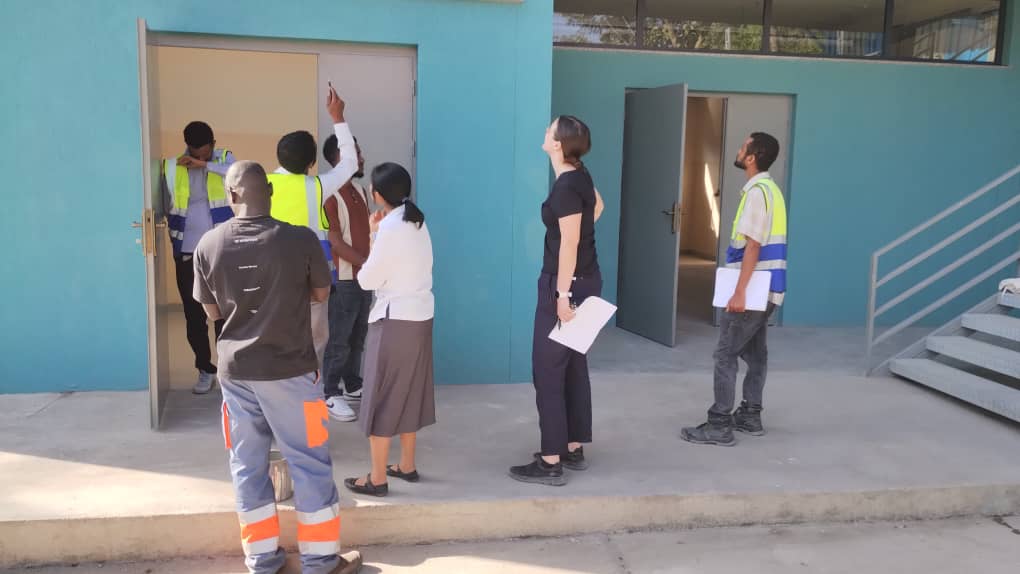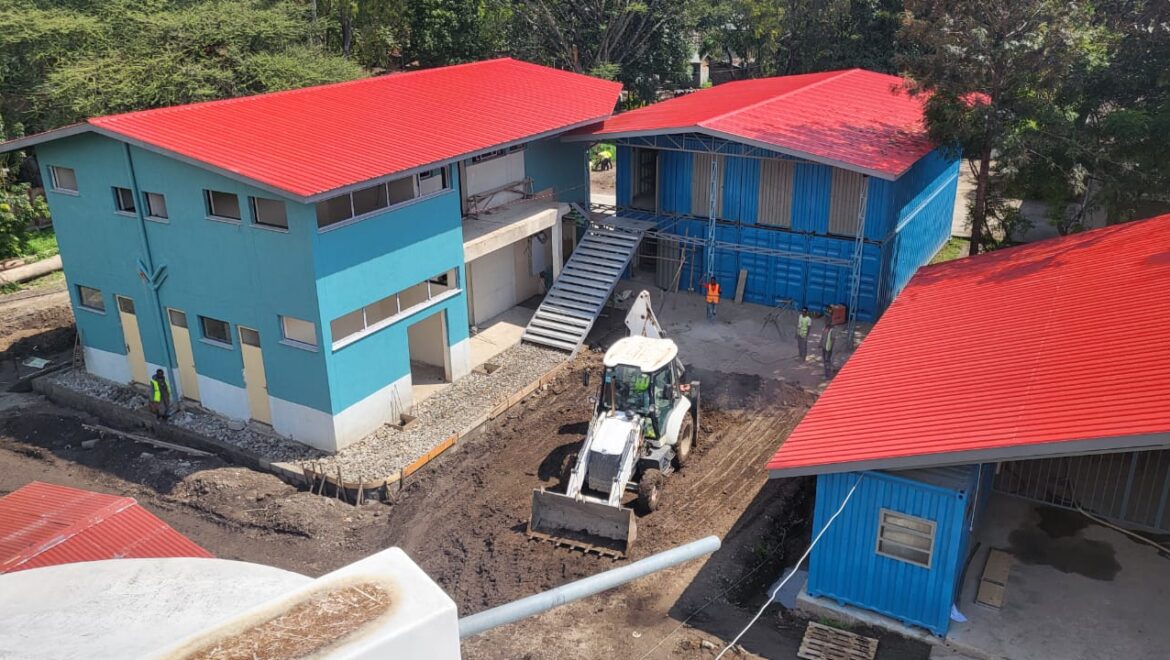Growing Through Opportunity
From Graduate Trainee to Project Manager – Maliza Twikirize’s Journey
We believe that growth begins with opportunity. Maliza joined us as a Graduate Trainee Quantity Surveyor and has since grown into a Project Manager on one of our ongoing projects at Adilang Vocational Training Institute (AVTI). Her story is a reflection of dedication, mentorship, and the power of learning by doing.
Her Story;
Joining Rostwa Engineers as a graduate trainee was both exciting and humbling. Coming directly from university, I was eager to put theory into practice, but quickly learned that the real world of engineering is full of new challenges that push you to think differently. From my first site visit to project management responsibility, every experience has demanded adaptability, teamwork, and curiosity.
One of the biggest lessons I have learned is that growth comes through both mistakes and mentorship. There were times when I really doubted myself, especially in the case of problems of a technical nature that I hadn’t encountered before. But through the guidance of senior engineers and a supportive culture at Rostwa, I learned to approach challenges with patience and confidence. Every project, no matter how small, became a learning opportunity.
The environment at the company has also played a major role in my development. The open-door policy, an emphasis on teamwork, and the fact that seniors take their time to explain and not just instruct have made a lasting impact. This is the kind of environment that encourages ownership and creativity, and which has built my confidence to lead.
Now, being part of such a big project like AVTI is an honor and a responsibility at the same time. It feels like a reflection of how far I’ve come, but also a reminder that there’s still more to learn and give. It inspires me to know the same company that once trained me now trusts me enough to have me lead. To other young professionals, I would say this: embrace every challenge and never underestimate the power of showing up eager to learn. Opportunity doesn’t always arrive with great fanfare-it often starts quietly, in those moments when you choose to keep trying.



























